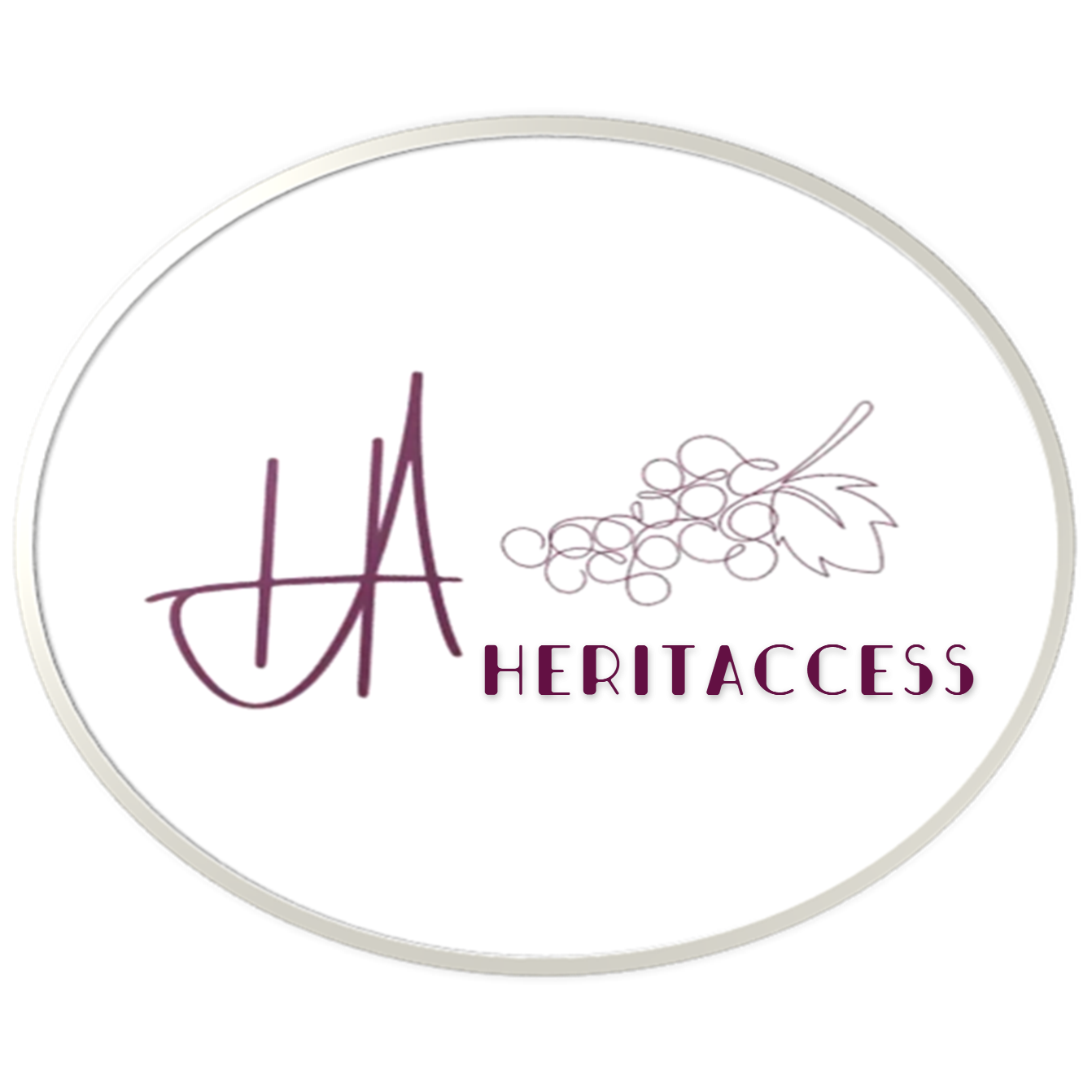Tourism should be an experience accessible to everyone, yet many individuals with disabilities encounter significant obstacles that limit their ability to participate fully. To address these challenges, the Erasmus+ project HeritAccess, in partnership with Forcoop and other organizations, has developed a comprehensive set of guidelines to promote inclusivity and sustainability in tourism, with a particular focus on the wine tourism sector. These guidelines are the result of an extensive analysis of social and tourism contexts across participating countries, aimed at helping operators create spaces that are welcoming and accessible to all, regardless of their abilities.
The guidelines offer a detailed framework to transform wineries, rural sites, and cultural landmarks into inclusive environments. They go beyond meeting basic accessibility standards by providing practical solutions to ensure that tourism experiences are equitable and enjoyable for all visitors. The recommendations address specific needs related to different types of disabilities, offering tailored guidance for each area:
Wheelchair Accessibility: Suggestions for ramps, elevators, and pathways designed to accommodate individuals with mobility impairments.
Hearing Accessibility: Guidance on tools such as induction loop systems, visual alarms, and captioned content to support visitors with hearing impairments.
Visual Accessibility: Recommendations for tactile maps, braille descriptions, and audio guides to enhance the experience of visually impaired visitors.
Access to Rural and Cultural Heritage Sites: Strategies for adapting these often-challenging environments without compromising their authenticity.
Modern Technologies for Accessibility: Exploration of tools like augmented reality and digital apps to improve navigation and engagement in rural areas.
Strategic Accessibility Planning: A structured approach for assessing, planning, and implementing accessibility improvements sustainably.
Wine tourism, with its unique combination of cultural heritage and rural charm, is particularly suited to demonstrate leadership in inclusivity. HeritAccess envisions a future where all visitors, regardless of their abilities, can equally enjoy these enriching experiences. By adopting these guidelines, operators can position themselves as innovators in fostering accessibility, contributing to a more equitable and inclusive tourism sector.
Forcoop and its partners view HeritAccess as more than a set of recommendations—it is a call to action. By embracing these principles, the tourism industry can ensure that every individual feels valued and welcomed, creating a more diverse and accessible future for all.
Text by Forcoop.

